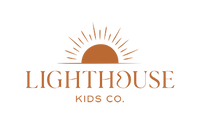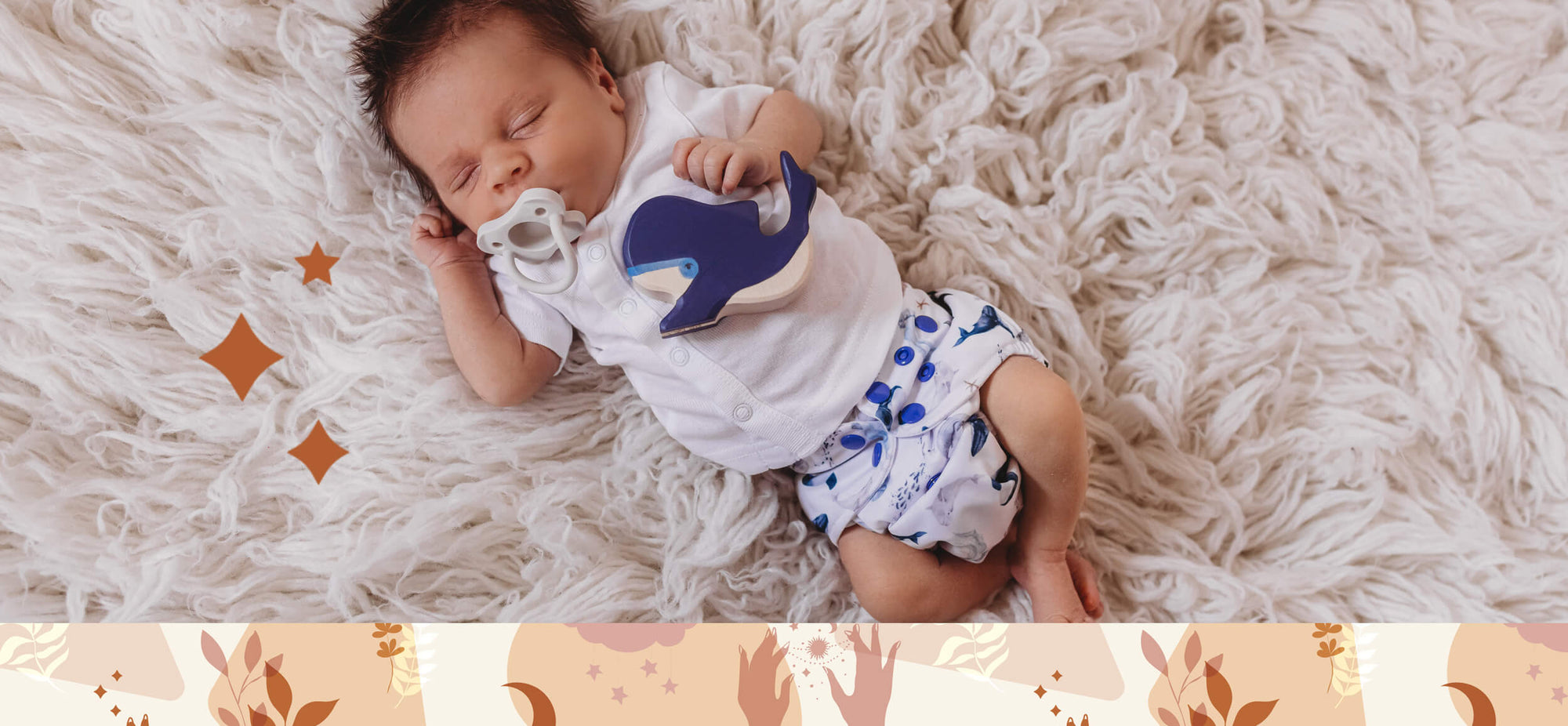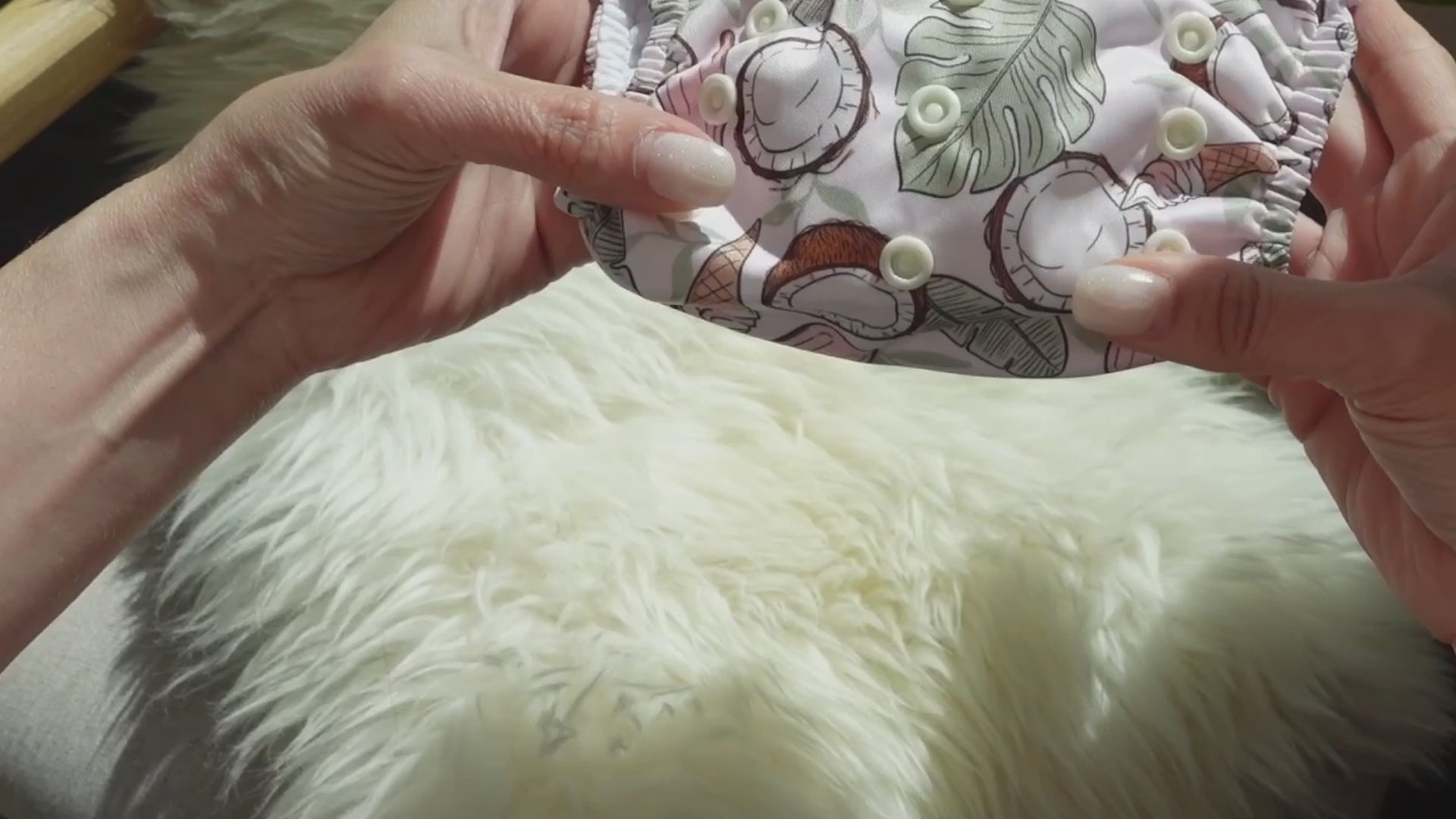
Cloth washable diapers may save money and be a more eco-friendly choice than disposable diapers, but when something goes wrong with their washing routine, and their cloth diapers smell like poop, it can lead to frustration and ultimately having parents questioning if cloth diapering was the right choice for their family.
This post provides seven tips to keep cloth diapers from becoming smelly and keep your home smelling fresh.
Cloth diapering a newborn can be as compared to the "Honeymoon Phase" in a marriage. All is wonderful, it seems so easy and you wonder why you haven't thought of cloth diapering every single baby you know. This is the phase where you tell all your friends about your new "discovery" and how it's going to change the world and your baby's butt!
Fast forward a few months. You now have a crazy toddler that eats solid food, real food, stinky food! And now his cloth diapers smell bad. Gone are the day of breastmilk poo, now you're dealing with the real deal and the entire process of cloth diapering is also starting to change.
No let's say you've been washing your newborn's diaper with a mild detergent. Since breastfed poop is water soluble, any amount of detergent should be enough to get the diapers clean, but not so when the baby is older.
It is at this time of transition from baby to toddler that you often see cloth diaper wash routing troubles showing up. And this has to do with biology and laundry practices.
So what is the "Barnyard Smell"?
Barnyard smell is caused by left over particles of poop in your diaper insert or cover, which means your diaper was not properly washed. What your smelling is literally a baked in mess. If you were to look under a microscope you would see particles of feces that have not been cleaned out of the diaper.

In the cloth diapering community, this is referred to as the smell of manure/poop that can sometimes show up in a cloth diaper even after it's been washed and dried. Note; cloth diapers should smell like nothing coming out of the dryer if they are clean.
Troubleshooting Stinky Diapers
Before I go over the procedure, I want to place a disclaimer, that there will never be a comprehensive, definite way to deal with all cloth diaper issues, why? Because everyone has different water hardness, different detergents they like to use, and every baby's biology is different. This is just a general guideline for what has worked for our customers in the past 10 years.
Get your cloth diaper back to basics:
Get back to the cloth diaper wash basics. To have a successful wash routine you need the following:
- Hot water, washing cloth diapers at 149F/65C will kill bacteria (1). This is the optimum temperature for washing cloth diapers.
- Strong detergent. When you are dealing with fecal matter, you also need detergents that have contain enzymes to break down biological matter. Also, make sure you are using enough detergent. Too little detergent may not get the diapers clean.
- Agitation. Make sure that you are washing no more than 18 diapers at a time (if you have a regular washing drum).
- You want to wash your diapers all at one time that they can effectively rub against one another - aiding in the washing process. Too many diapers, and there is not enough room for water to pass through. Too little diapers, and there are just random pieces of diapers floating through a sea of water.
Cloth Diaper Barnyard Wash Routine Steps
- Soak freshly washed, clean diapers in a basin or a tub with hot water for 3+ hours or overnight. You may add "Funk Rock" if you'd like, but soaking with open the fibers in the diapers and allow any poop particles to "loosen". This is a version of stripping your cloth diapers.
- Start your cloth diaper wash routine, pre-wash, no detergent. Followed by a hot wash at 149F/65C with an enzyme based detergent like Tide. Important: Use the recommended amount listed on the back of the detergent box for the size of your load and washing machine. Then do a final cold rinse with no detergent.
- Smell your cloth diapers. Do they smell clean/neutral? If yes, then place them in the dryer at low heat. After you dry them if they smell good, then you may use them on baby. If not, restart the process.
- You may have to repeat parts of this process depending on how dirty your diapers are at this point.
What if my baby is allergic to mainstream detergent like Tide?
You can still clean your diapers with a stronger detergent like Tide, once the barnyard smell is gone, you can wash multiple times without any detergent at all, to make sure all traces have been rinsed out.
Why Can't I just use bleach?
You can use a little bleach if you'd like but this is a last resort and honestly not really helpful in this case. The reason why your cloth diaper stink is because they are dirty, and you have to clean them. They don't necessarily need to be disinfected as they would in the case of getting used diapers. The hot water will kill all the bacteria in the diapers.
The main point here is to avoid harsh chemicals which can damage your cloth diaper further, especially if you have natural fiber diapers such as bamboo, hemp, or organic cotton.
In this scenario, if you feel you've reached the end of the routine and you would like to use bleach to be safe you can, but I personally have used this method successfully without having to resort to it.
Doesn't detergent buildup cause Barnyard smell?
Lots of things can lead to Barnyard smell, technically if your inserts are coated with a layer of detergent, bacteria can grow in that area, but the root of the issue is that the diaper is dirty, which means detergent buildup didn't CAUSE the barnyard smell, it is simply another symptom of a cloth diaper wash routine that is not working.
What about the Smell of Ammonia?
This is a different cloth diapering issue, that can also cause diaper rash. Find out more about it here.
Helpful Tips
- Though it does not solve the problem of Barnyard smell, I liked using a barrier such as cloth diaper liners when I knew my toddler would poop. It helped catch their messes tremendously!
- Keep your wash routine simple and consistent! Check our our cloth diaper wash routine here.

Sources:
1. http://bit.ly/40X2fI3



































